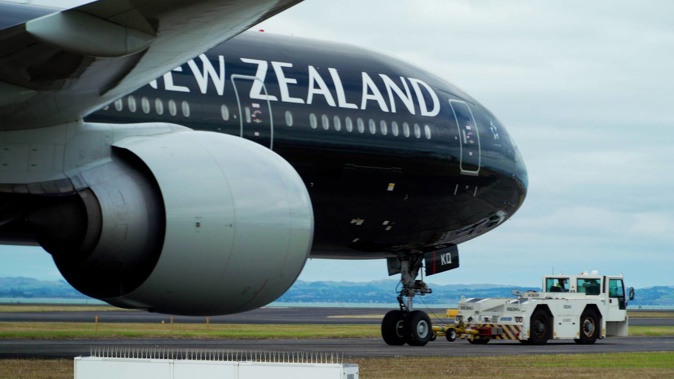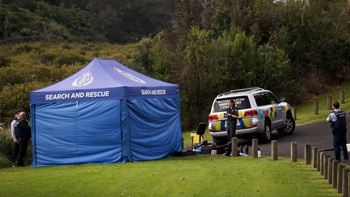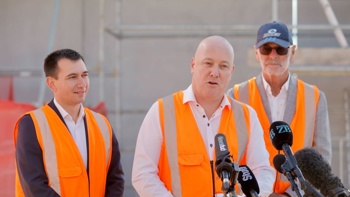
Higher fuel and labour costs have led to Air New Zealand more than doubling its loss in its latest financial year.
The airline made a net loss of $591 million in the year to June 30, up from $292m in the prior financial year.
Its loss before tax was $810m - up from $415m and the airline's loss before other significant items and tax was $725m, up from $444m.
Air New Zealand's revenue rose from $2.517 billion to $2.734b.
But its expenses blew out from $2.18b to $2.738b.
That was driven by fuel costs rising from $311m to $560m and labour costs up from $830m to $976m.
Air New Zealand said although the financial year ended strongly following the reopening of borders in March, pandemic-related travel restrictions greatly impacted the airline's operating revenue.
Cargo and domestic revenues helped lift overall revenue by 9 per cent but high fuel prices and reduced flying over much of the year resulted in a loss for the period.
Chief executive Greg Foran said the airline would move deftly to address change.
"For customers, we've been focused on restoring services, maintaining a choice of fares and launching innovations to improve their journey with us."
- Air NZ cuts schedule as it struggles for crew and planes
- Air NZ warns they're going to have to hike flight prices due to rising fuel costs and demand
Foran said cargo revenue was still a major contributor to the company's performance, up 32 percent to $1b.
Additional flying under the New Zealand and Australian government airfreight schemes had contributed $403m of that revenue.
With borders now largely reopened, the Australian scheme had ended, and the New Zealand scheme was tapering off and would conclude by the end of March 2023.
The underlying loss was higher than that expected by analysts at Jarden, which forecast an underlying loss before tax of $707m.
While the heaviest full year-loss of the pandemic, it is still dwarfed by the after-tax loss of $1.4b in 2001 when its Australian investment Ansett collapsed along with global aviation for a while after the 9/11 terror attacks.
Air New Zealand raised $2.2b from shareholders in May to recapitalise the business.
Foran said the current environment was one of strong bookings despite ongoing challenges.
Earlier this month the airline cut its planned schedule and said it would operate 1.5 per cent fewer seats than originally planned during the next six months.
The airline said it was taking proactive measures to protect customers' travel plans as sickness caused disruption.
"As we've been seeing overseas, travel demand is much stronger than anyone anticipated. But we're operating in a very tight labour market with high fuel prices, tough economic conditions and the highest levels of employee sickness in more than a decade."
Foran said high booking levels were evident through July and August and corporate bookings were also trending closely towards pre-Covid levels.
Air New Zealand chair Dame Therese Walsh acknowledged the support the airline got from shareholders over the course of a challenging two-year period.
"From the Crown loan provided in the early days of the pandemic, to the airfreight support scheme that helped us keep connected to key export markets, to the $2.2 billion recapitalisation completed in May which allowed thousands of shareholders to take part in refuelling the airline for success.
As of August 23, the airline had available liquidity of $2.3b including $1.9b in cash and $400m of available funds on the unsecured standby loan facility with the Crown.
The cash balance included $200 million of issued redeemable shares which the airline planned to redeem once its recovery was more advanced.
Walsh said the board did not expect to consider payment of dividends before the airline's earnings substantially recovered.
It was expecting total flying capacity to be in the range of 75 to 80 per cent of pre-Covid levels in its 2023 financial year and anticipated a significant improvement in financial performance relative to financial year 2022.
But it gave no earnings guidance, citing uncertainty around volatile jet fuel prices, the risk of a global recession and inflationary pressure on costs.
Take your Radio, Podcasts and Music with you









